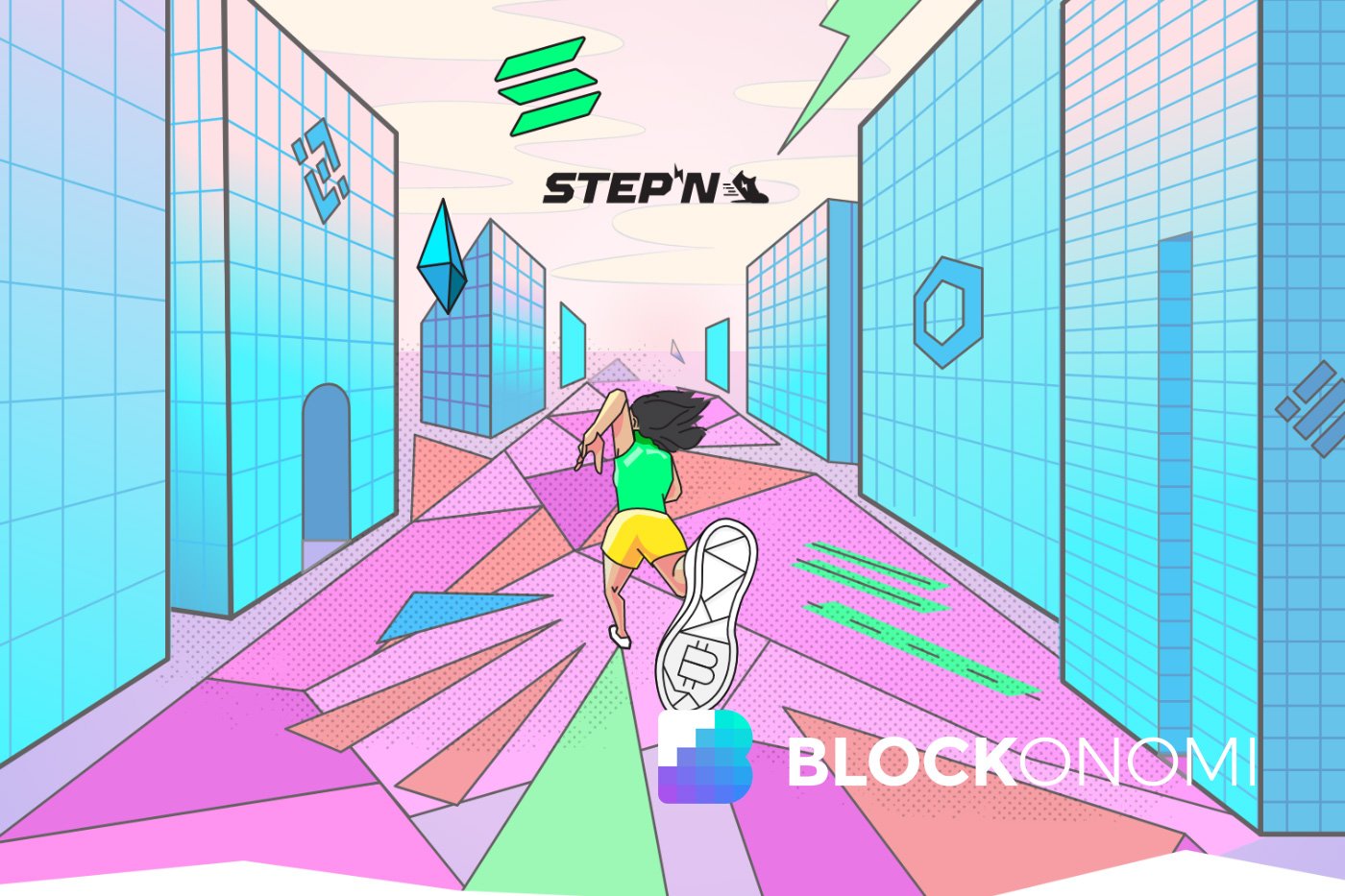Stepn, a recently hyped move-to-earn game built on Solana, disclosed on Friday that it will suspend its presence in China in mid-July.
Stepn will stop providing GPS (global positioning system) services to users having IP addresses in China on July 15, according to the game’s official Twitter.
Players that hold NFTs (non-fungible tokens) such as Sneakers will be unable to earn tokens when running or walking if this service is not available.
Chinese users have more than a month to implement their own plans for their digital assets.
The Lockdowns are an Issue for Stepn
According to the team at Stepn, the restriction was implemented in accordance to relevant regulatory frameworks in the region and would go into force on July 15, 2022. STEPN has stated that Chinese users make up barely 5% of the approximately three million active users.
As a result, the restriction on Chinese users has no long-term effect on the project.
Many believe this conduct could be motivated by the fact that the current pandemic in mainland China is becoming more catastrophic and complex.
In theory, outbreaks cause lock downs, and lock downs restrict outdoor activities, which is also an important aspect of Stepn’s system.
NFT guidelines in China are unclear.
However, the China Banking Association claims that NFT is rapidly expanding. Users must purchase NFT sneakers in order to participate in the game.
This could be the key point that turns Stepn into the next target for suppression in the near future. To avoid the worst-case scenario, the game may have to make early actions.
STEPN also stated that, while it does not operate in China, it remains committed to meeting regulatory standards in the regions where its users are located.
The ban would prevent users from accessing apps from China using their IP addresses, although these restrictions can be avoided by adopting a virtual private network (VPN).
Using a VPN is Not Legal in China
STEPN is a move-to-earn app built on the Solana and BNB blockchains that has recently gained popularity. Last month, the native token GMT reached a market cap of $2.4 billion.
Stepn’s decision to ban Chinese users is unsurprising given that crypto activities in China have been tightly regulated. Bitcoin mining has been banned since 2021 as the country’s undermine efforts to protect and conserve the environment.
Shortly after the announcement, the price of GMT, Stepn’s governance token, fell dramatically. It recently recovered, according to Coinmarketcap.
The Move-to-Earn (M2E) concept in general, and STEPN in particular, is still in its infancy. That suggests that the model’s and application’s potential will grow greatly in the future.
On the other hand, the GameFi and M2E model have their own life cycles, and nobody knows how long or how short those cycles will be.
Whether STEPN still be relevant when the initial excitement dies down, gamers become disinterested in the same old model that they use, and then a number of imitation applications appear remains a question.
Even though the Chinese government has given warnings to businesses linked to NFTs, there has not been a legal ban issued as of yet.
The regulatory framework for digital assets is being kept in a grey zone at this time. Although no official ban could be considered a small favor, investors are in a position where they do not know what steps to do next.
China Wants it All
The government in Beijing continues to maintain a neutral stance regarding domestic initiatives, despite the growing international interest in NFT assets.
In October of last year, Chinese authorities reportedly visited a number of tech companies to warn them against trivializing the concept. Despite this, they have also refrained from asserting that the NFT is in violation of the law.
According to analysts and industry insiders, Chinese authorities are attempting to ensure that NFT assets can be controlled and are secure.
Internet businesses in China have abandoned the phrase “non-fungible token” (NFT) in order to evade the scrutiny of the Chinese government.
Many companies have adopted the concept of “digital asset collection,” which is intended to be more impartial toward the market. Other projects decided to put restrictions on the service use in mainland China, just like Stepn.







































